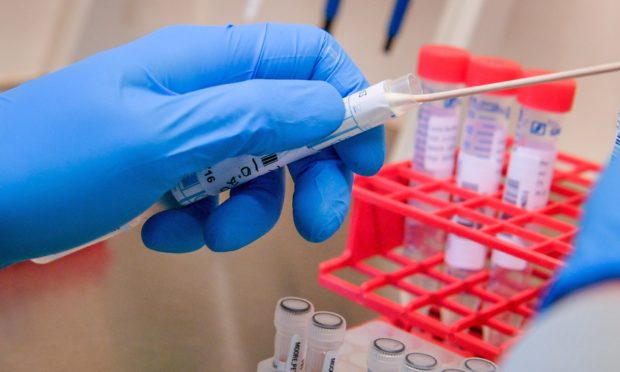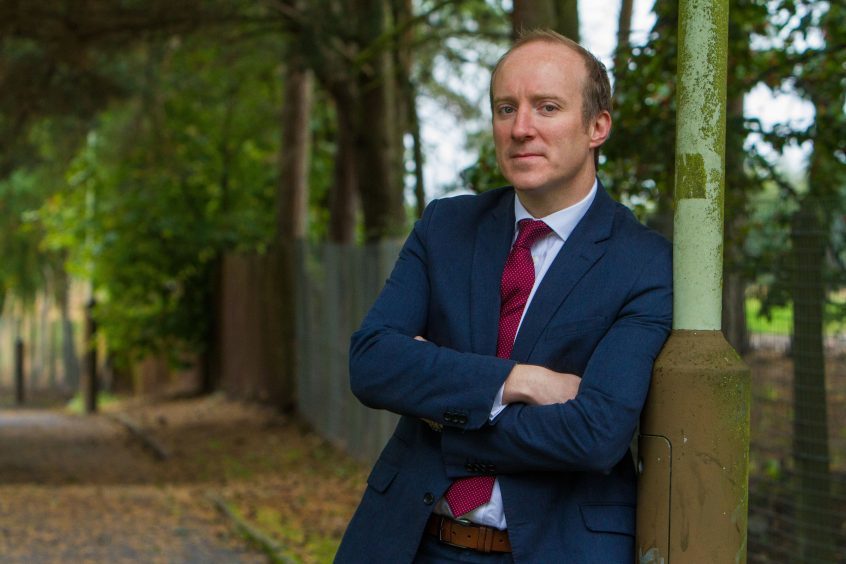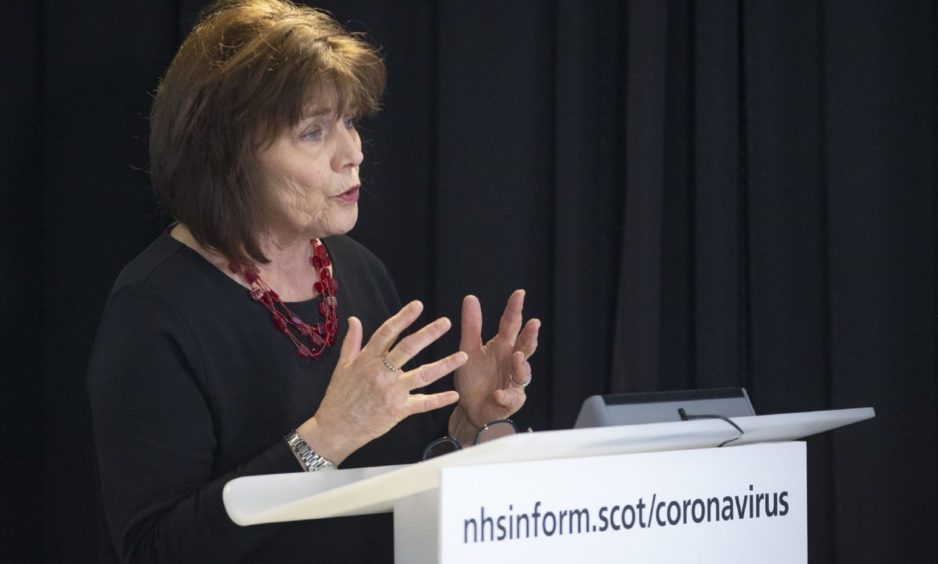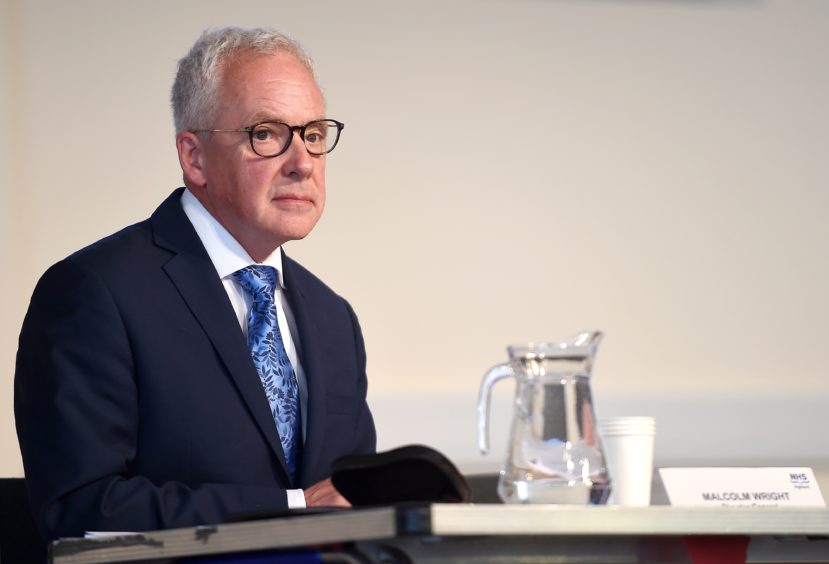The number of Tayside patients with a positive Covid-19 test transferred into care homes “accelerated” days after the health secretary congratulated local health bosses on clearing hospitals.
Local health chiefs moved one patient into a care home following a positive test for Covid-19 between March 1 and April 15.
From April 15 to 21, clinicians moved six patients who had tested positive for the virus into local homes as they responded to the “demand” to continue freeing up hospital beds.
Labour councillor Michael Marra claimed the Tayside numbers increased “on the explicit instruction of the health secretary.”
He said: “In 46 days there was a single instance. Following Jeane Freeman’s instructions there is a transformation.
“There was a Covid positive patient being transferred daily until the practice was brought to an abrupt end on April 21, only as the emerging scale of the care home crisis forced a change in policy.
“The SNP government cannot continue to blame our clinicians for this. The government’s policy was crystal-clear. It was emphasised, reiterated and reinforced time and again.”
In May, Scottish ministers announced a public inquiry into all aspects of the impact and handling of Covid-19, including around care homes.
Scottish Government health secretary Jeane Freeman, who has announced she is standing down at the next election, wrote to heads of local health and social care partnerships on April 10.
She thanked them for the “tremendous progress you have made over the last month in reducing delayed discharges” – patients deemed fit to move.
Her message followed instructions sent by the then-NHS Scotland chief executive Malcolm Wright, at the time the top civil servant in the Scottish Government’s health and social care directorates.
He wrote to health chiefs on March 27 with a “demand” to “continue to create capacity and space within our hospitals to deal with the rise of incidence of Covid-19 infection.”
Mr Wright announced his retirement from the Scottish Government on health grounds on May 11.
It emerged earlier this month scores of patients were transferred into care homes after having received a positive Covid-19 test, including seven in Tayside.
NHS Tayside has now provided more detail on the transfers after its clinicians reviewed their discharge records.
The information reveals two of the patients were moved into homes that were already in the middle of a coronavirus outbreak.
One patient was discharged into a care home between March 1 and April 15. Six more followed between April 15 and 21.
An NHS Tayside spokeswoman said the first patient was transferred into a home where there was already “an active outbreak.”
This “was clinically assessed as appropriate and done in partnership with the care home ensuring all appropriate PPE and other measures were in place,” she added.
Of the later six, one patient was sent to a home during an outbreak, again a move judged as being clinically appropriate.
The patient had been admitted to hospital from the home and was declared fit to transfer back.
A further four patients received a 14-day isolation period between their positive test and discharge.
The final patient was transferred back to the care home in agreement with the home the patient would be isolated and all infection control measures and precautions would be in place for fourteen days.
A Scottish Government spokeswoman said its priority throughout the Covid-19 pandemic has been to save lives.
She said its guidance “actively discouraged” moving patients unwell with Covid-19 into care homes.
“There has never been guidance or policy to actively move patients unwell with Covid-19 into care homes.
“We have continued to revise and strengthen this guidance as we learn more about this virus and that includes introducing a requirement on April 21 that Covid-19 patients discharged from hospital to a care home should have two negative tests before discharge.”
She said guidance prior to April 21 was “any individual being placed in a care home must be subject to an appropriate clinical risk assessment and isolate for 14 days if required.”
Decisions about discharge from hospital were clinically-based, but in consultation with the individual or their representatives, she added.
She said: “It is not a decision that government either directs or makes.”













